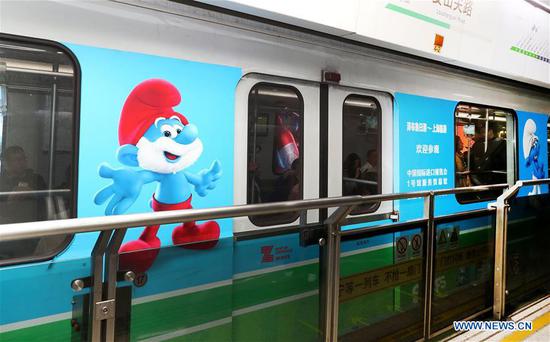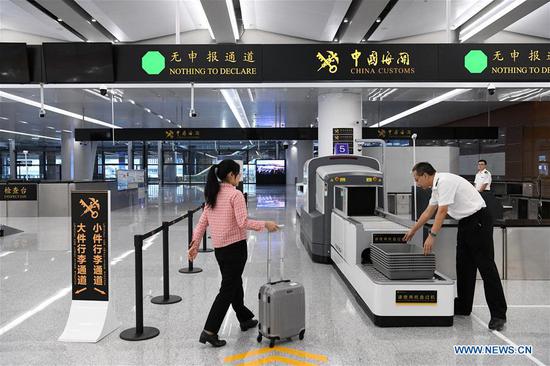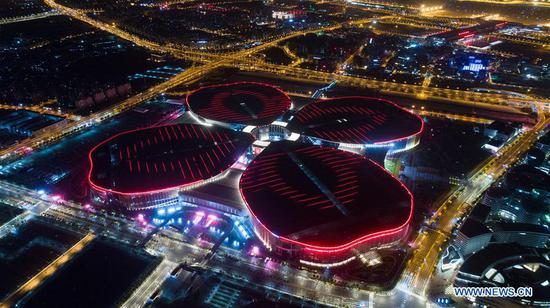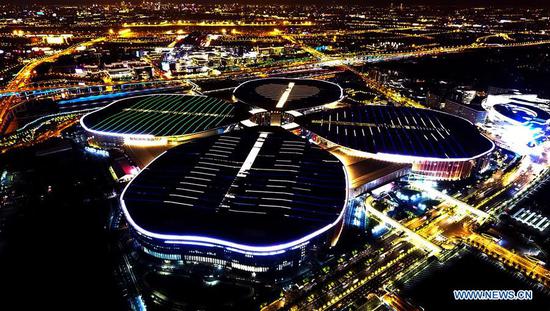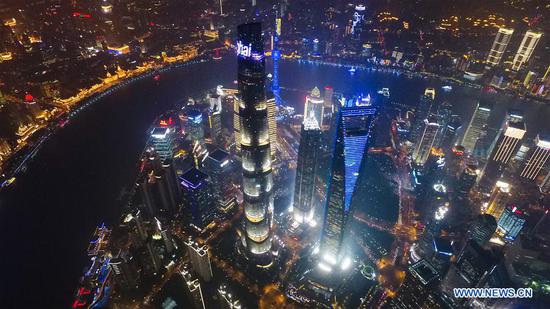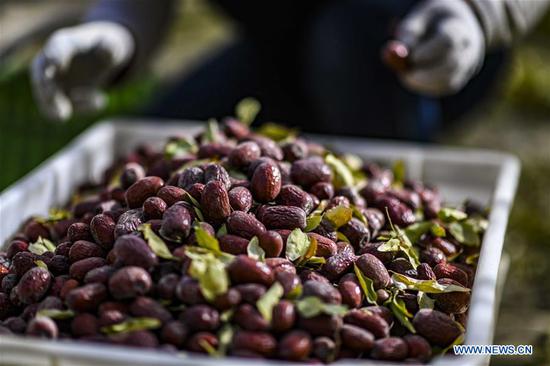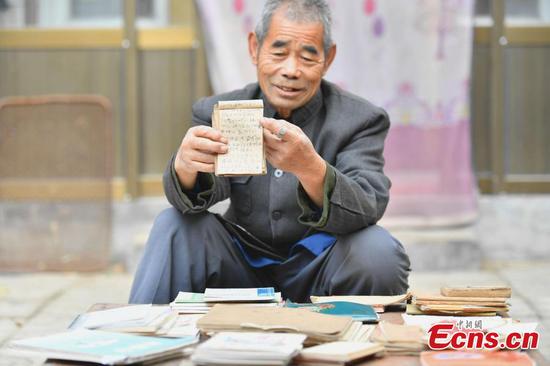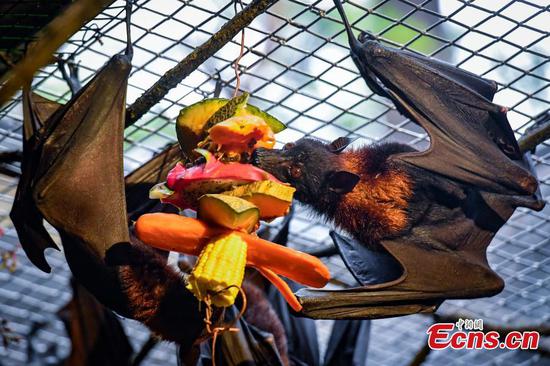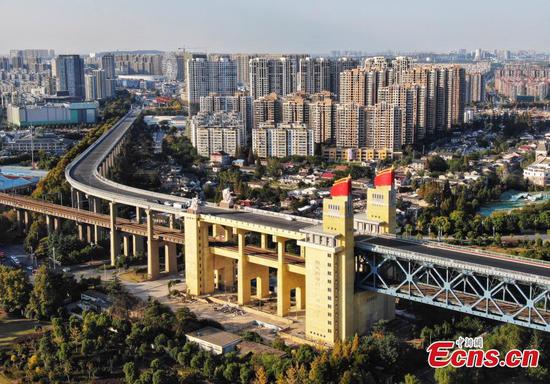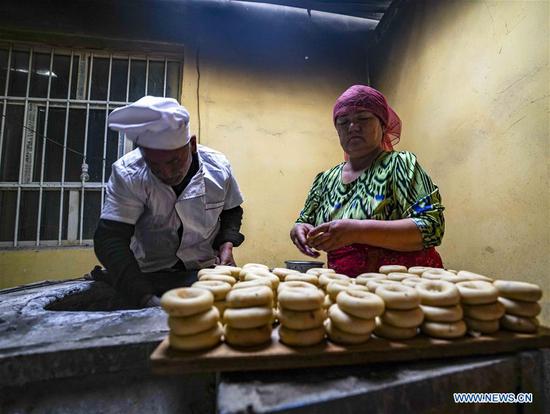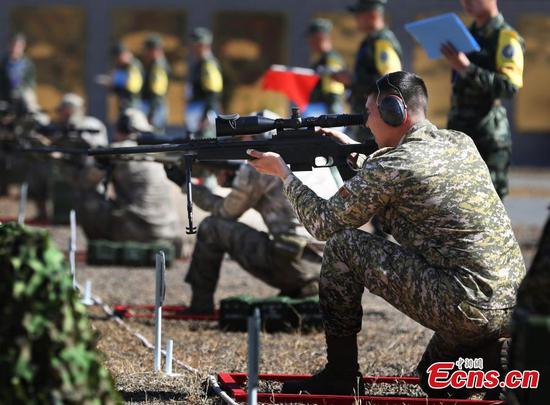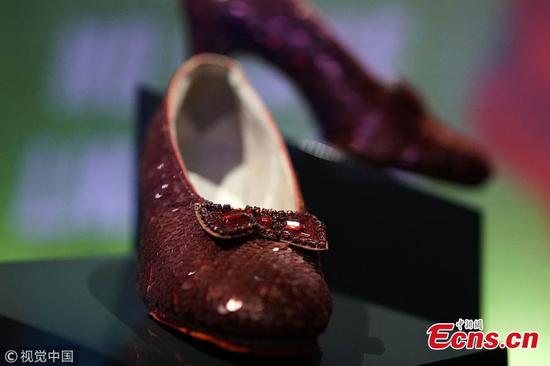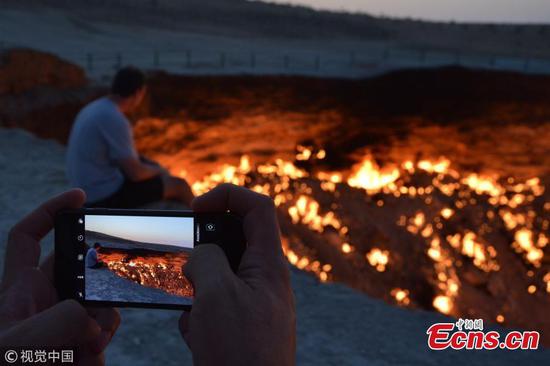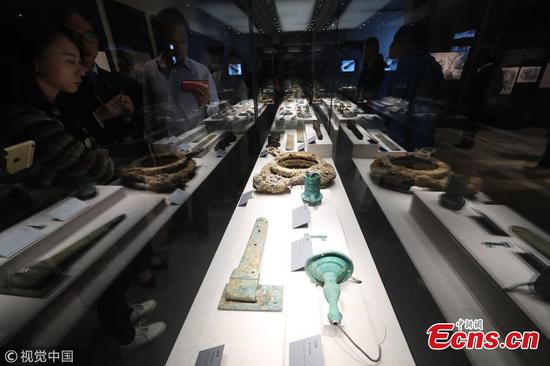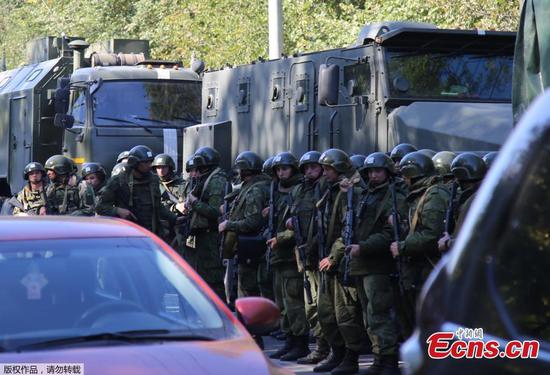On its 10th birthday, world's biggest online shopping event gets more global
After a decade of development, China's "Double 11" - the world's biggest shopping festival, which is named after November 11 - has risen from obscurity to international prominence.
As the globalization of this unique promotional event increases, it will likely attract more foreign consumers, experts told the Global Times on Sunday. But they cautioned that there is still a long way to go for the company behind the event, Alibaba Group Holding, to reshape global consumption patterns.
With just three weeks left before the big day, Chinese merchants on the platform are in full swing with their preparations.
"The registration procedure on Alibaba's platforms started in late September," a cross-border e-commerce businessperson surnamed Xia told the Global Times on Sunday.
"We also have to prepare the goods and arrange the logistics," Xia said.
Alibaba, the Chinese e-commerce giant that turned 11-11 into an online marketing extravaganza, showed off its global ambitions for this year's event as it kicked off the festival at the China National Convention Center in Beijing on Friday.
"It's turned into the 'business Olympic Games'," said Alibaba CEO Daniel Zhang, who initiated the event in 2009. "The 'Double 11' event has become the biggest festival for merchants and consumers in China and across the world."
In a statement Alibaba sent to the Global Times on Sunday, the company said it is pulling together its entire retail ecosystem in China and overseas for this year's event. For example, AliExpress, Lazada, and Daraz - three of Alibaba's overseas subsidiaries - will all participate.
This year, there will be rising participation by overseas merchants and consumers to mark the event's 10th anniversary.
Consumers in Russia, the biggest overseas market of AliExpress, will see more than 50 local brands participate in the festival, the statement said. El Corte Inglés, the largest Spanish chain grocery store, will also take part through AliExpress, offering goods in 3,000 categories and designating more than 2,000 physical pick-up sites for consumers.
"Cross-border e-commerce merchants like me have to grab this kind of opportunity to expand our overseas markets," Xia said.
"We don't make much profit during the festival because of the platform's price limits, but it's a good chance for us to expand our markets, which we can benefit from in the future," he noted.
Zhang Zhouping, director of the Cross-border E-commerce Department of the E-commerce Research Center based in Hangzhou, capital of East China's Zhejiang province, told the Global Times on Sunday that globalization is a major trend.
"Alibaba's new pledge to consumers across the world is upgrading," Zhang said.
"This includes the convenience of overseas payments, delivery and tourism, rather than just offering goods."
The event's global profile has risen, Zhang said, as more and more consumers across the world join the shopping carnival.
A Beijing-based consumer surnamed Zheng told the Global Times on Sunday that 11-11 is a good chance to seal deals on certain types of products, and he's started seeing more and more overseas brands on the platform in recent years.
Fast-moving consumer goods such as food and daily necessities "always have a really good discount," he said. "But for electronic products like computers and mobile phones, that's a different story."
Supportive government policies, the improving environment for the industry's development and the needs of vast markets overseas are providing great opportunities for China's cross-border e-commerce business to seek growth, analysts said.










